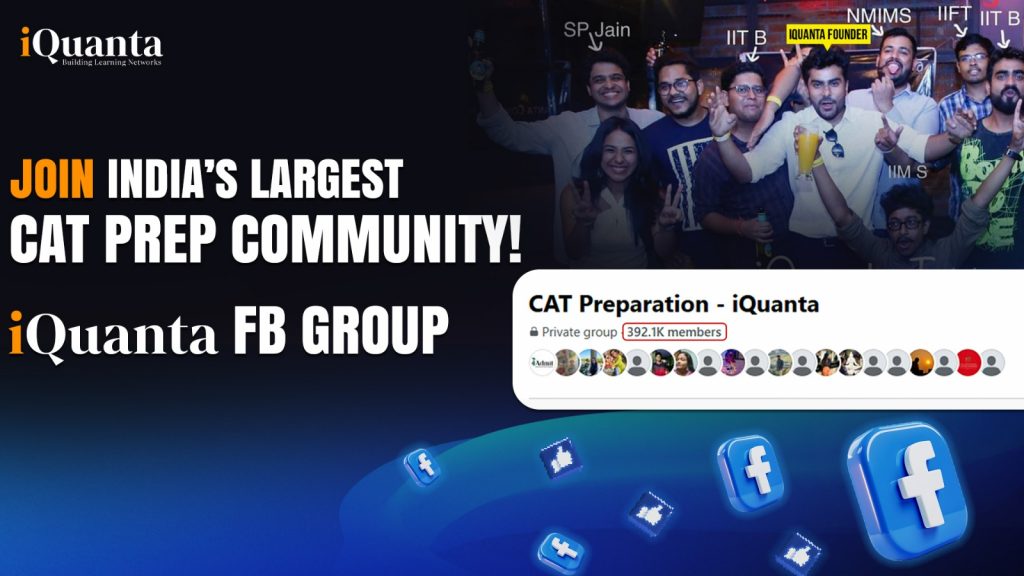The Personal Interview (PI) round is a crucial step in the selection process of any MBA college. The admission panel looks at the candidate’s personality, and skills and checks whether they are a good fit for their institute or not. PI in the MBA process has a quite high weightage and candidates should prepare for the interviews for MBA. In this blog, we will discuss everything a candidate needs to know about the PI round i.e. what it is, tips to crack it, mistakes to be avoided, questions asked in it, etc.
What is the PI round for MBA Institutes?
The PI round is the face-to-face conversation between the admission panel and the candidates to determine whether the candidate is a good fit for the MBA program or not. While the academic background, profile, and CAT result provide a view of the candidate’s potential, the PI round analyses the interpersonal skills of the candidates. The candidates will be judged in the PI round based on the following:
- Personal Introduction
- Verbal communication
- Eye contact
- Body language
- Content
What Does the MBA panel look for?
- Clarity of Goals: Candidates should have a clear vision of their short-term and long-term career goals.
- Motivation for pursuing an MBA: Candidates should have a vision of why they want to pursue an MBA and how it will add wings to their professional journey.
- Personality Traits: The examiner checks the personality traits of the candidates like leadership potential, Problem-solving skills, emotional intelligence, and cultural fit.
- Knowledge and Awareness: Candidates Must be aware of current affairs, business trends, and chosen industries.
- Communication Skills: Candidates should have good communication skills which means the ability to articulate their thoughts confidently and concisely.
Tips to Crack the PI Round of MBA Institutes
Know your Story inside and out
Candidates should be ready to talk about their academic background, work experience, achievements, and extracurricular activities. They should frame their responses in an effective way that highlights their qualities such as teamwork, leadership, and adaptability.
For a structured GDPI WAT preparation with mock interviews and live GD preparation, click on the link below.

Articulate your Career Goals
Candidates should have some kind of Clarity where they see themself in the short term like 1-3 years after their MBA and in the long-term like 5-10 years after their MBA career aspirations. Also, candidates must have an effective and catchy explanation of how this MBA program will help them to bridge the gap between their current position and their goals.
Research the Institutes
Candidates should have a good understanding of the uniqueness of this program, such as specializations, teaching methodologies, and alumni network. They should align their answers to demonstrate how they are a perfect fit for this program.
Prepare for Common Questions
Candidates must be familiar with the frequently asked questions like why they want to do an MBA, why they choose this institute, Their strengths and weaknesses, etc.
Stay Updated
Candidates should be aware of current events, especially those related to the business world, and must be prepared to discuss some recent trends in their field of interest.
Practice Mock Interviews
Candidates should prepare themself with some mock interviews which will help them refine their responses and tackle the answers naturally, without sounding rehearsed and confidently.
Work on Presentation
Candidates should be dressed formally in the PI round which will make a strong first impression of their’s. They should pay attention towards their body language i.e. confident walk, maintain eye contact, smile if needed, avoid movement.
Join the Largest CAT Preparation Community in India

30 Important PI Questions For MBA
| Tell us something about yourself. | What are some reasons to reject your application? |
| Why do you think should we give you admission in our college? | Walk me through your resume/profile. |
| What are your key skills/ greatest strengths? | What is your biggest failure or challenge? |
| What is your greatest weakness? | How will you contribute to the class if we choose you? |
| What is your greatest achievement? | How will you contribute to the campus if we choose you? |
| Where do you see yourself five years down the line? | How will you add value to the campus if chosen? |
| What are your career goals? | What is your expectation from this MBA program? |
| What are your short-term goals? | How do you deal with failures? |
| What are your long-term goals? | How do you deal with criticism? |
| Why do you want to join this College/B-school? | What have you learned from your failures? |
| Why marketing/ finance/ etc. specialization? | Discuss a situation when you were a leader. |
| What are your hobbies and interests? | Where else have you applied? What other calls have you received? |
| Who is your role model? | What are the newspaper headings that grabbed your attention? |
| Who inspires you? | Do you want to ask or know anything (about the college)? |
| What is the difference between a good manager and a good leader? | Why should we admit you? |
Dos and Don’ts in PI Round of MBA Institutes
| Dos | Don’ts |
| Maintain a professional demeanor | Don’t interrupt the interviewer |
| Back your answers with examples | Avoid giving generic or vague answers |
| Ask insightful questions | Don’t ask questions you can Google |
| Stay confident and positive | Don’t dwell on past failures |
| Follow up with a thank-you note | Don’t follow up aggressively |
If you are targeting a 99+%ile in CAT 2025, iQuanta has got you covered. Get highly relevant content along and prepare right from the very basics with iQuanta’s CAT Course. iQuanta has made a record with 500+ 99 percentilers in CAT 2024.
Enroll for iQuanta CAT 2025 Course

Frequently Asked Questions – Tips to Crack PI for MBA
Common questions like Tell me about yourself, Why do you want to pursue MBA?, Why did you choose this institute? Etc. can be asked in the PI round.
Candidates should wear formal attire in their PI round interviews.
Yes, Current affairs are very important in the PI round as the examiner can ask questions around it so, be prepared to discuss about current events, business news, and topics related to your desired field of study.
Yes, candidates can ask questions during their PI round




